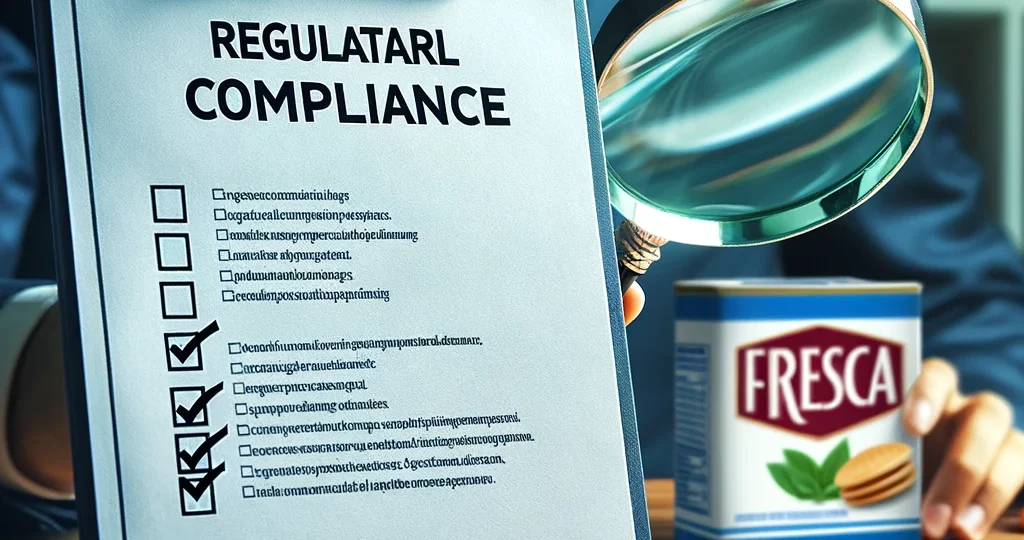
California’s Proposition 12 (Prop 12), passed in 2018, established stringent animal welfare standards for farm animals, specifically targeting pork, veal, and egg products sold within the state. This initiative, while focused on California, has far-reaching implications for the national conversation on animal welfare and the potential to influence legal standards across the United States.
Core Provisions of Prop 12
Prop 12 mandates minimum space requirements for egg-laying hens, breeding pigs, and veal calves, surpassing existing federal animal welfare standards. Notably, it requires egg-laying hens to be raised in cage-free environments, and breeding pigs and veal calves must have significantly more space than traditional confinement systems. Crucially, Prop 12 also prohibits the sale of pork, veal, and egg products in California unless they comply with these space requirements, regardless of the state in which the animals were raised.
Legal Challenges
Despite its localized focus, Prop 12 has faced significant legal challenges. A primary contention is that the law violates the Commerce Clause of the U.S. Constitution by imposing an undue burden on interstate commerce. Out-of-state producers argue that Prop 12 unfairly restricts their ability to sell products in California by requiring compliance with California’s standards. Additionally, challenges based on federal preemption claim that federal regulations should supersede state-level animal welfare laws. Opponents also argue that the economic costs imposed on producers by Prop 12 may outweigh the benefits to animal welfare (SCOTUSblog) (Paul, Weiss) (SCOTUSblog).
In May 2023, the U.S. Supreme Court upheld Prop 12 in National Pork Producers Council v. Ross, ruling that it does not violate the dormant Commerce Clause. The Court’s decision was deeply divided, reflecting different views on whether state laws like Prop 12 impose substantial burdens on interstate commerce and how such burdens should be balanced against state interests in regulating animal welfare (Paul, Weiss) (Supreme Court).
Broader Implications
Prop 12 has the potential to serve as a model for stricter animal welfare legislation in other states, especially those with similar consumer concerns. This initiative could also influence consumer demand, creating a shift towards products raised under more humane conditions. As a result, there might be a push for more uniform animal welfare standards across the U.S., although a patchwork of state laws remains a possibility (SCOTUSblog) (Paul, Weiss).
Staying Informed and Compliant
Stakeholders in the animal agriculture industry, including producers and animal welfare organizations, should remain informed about ongoing legal developments related to Prop 12. Consulting with legal counsel experienced in food law is essential for navigating compliance with Prop 12 and addressing potential legal challenges. This proactive approach will help ensure a smooth path forward in the evolving legal landscape of animal welfare regulations.
